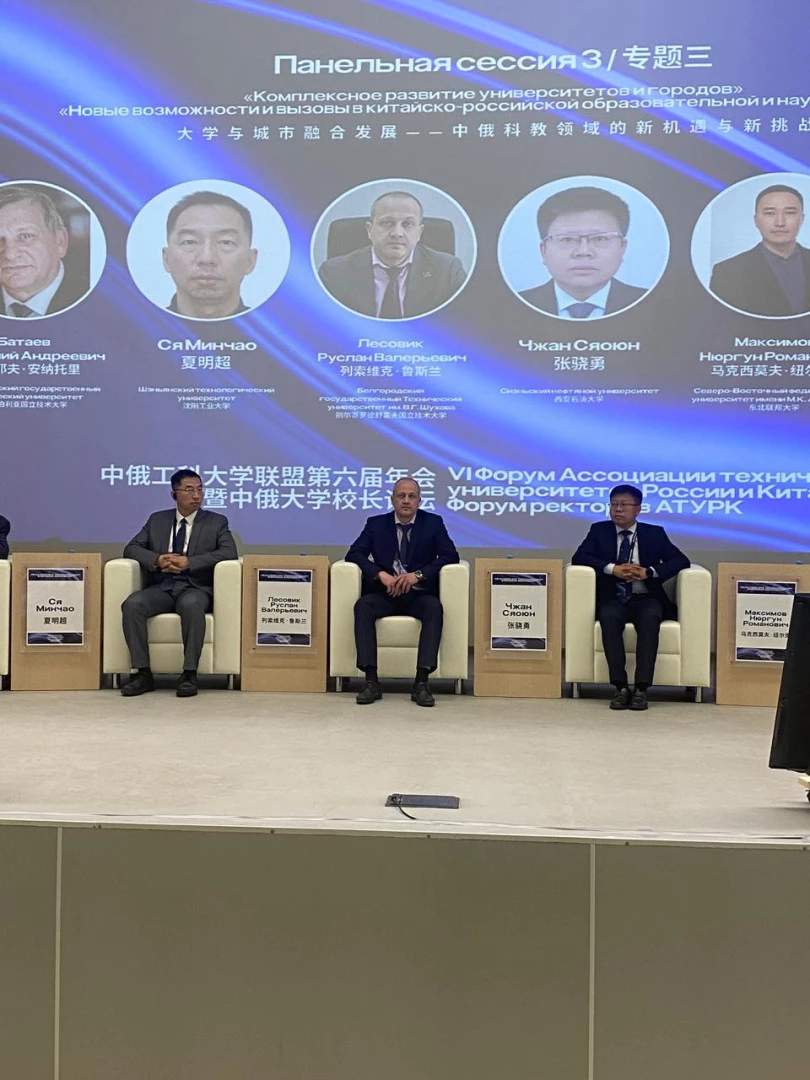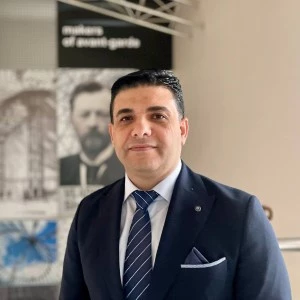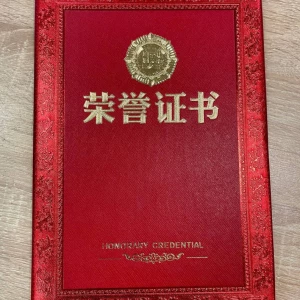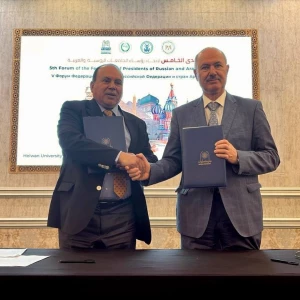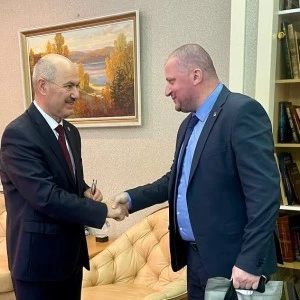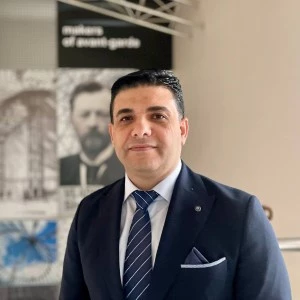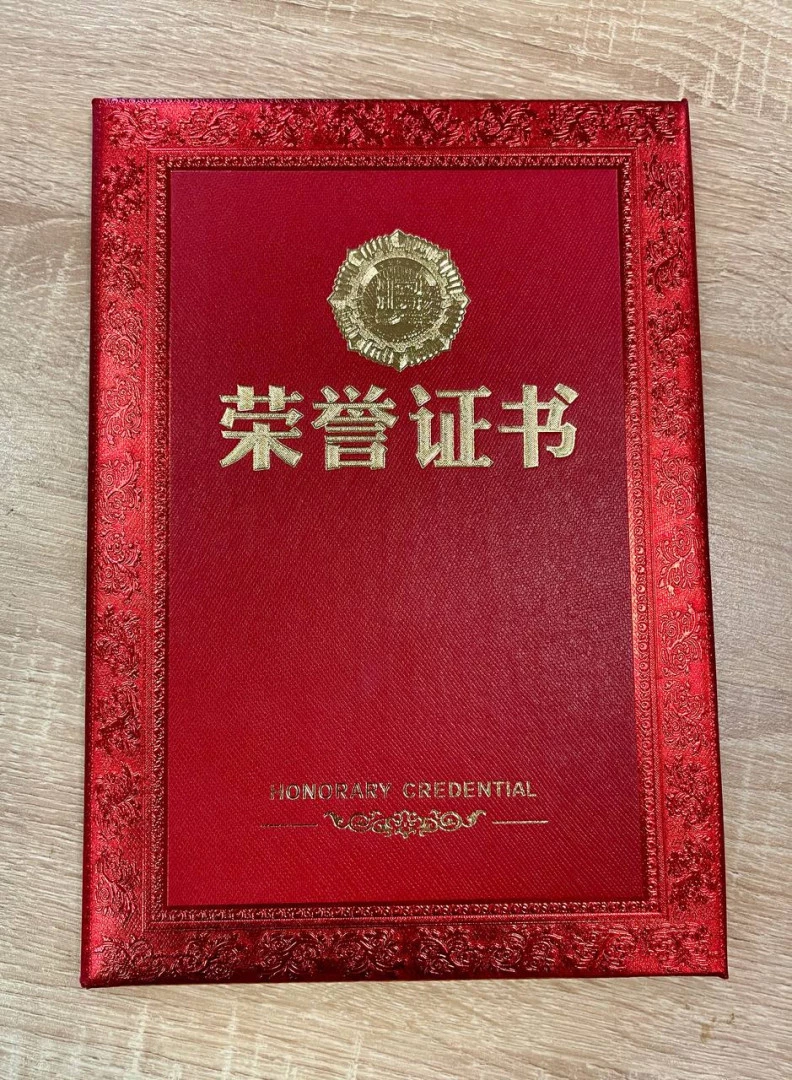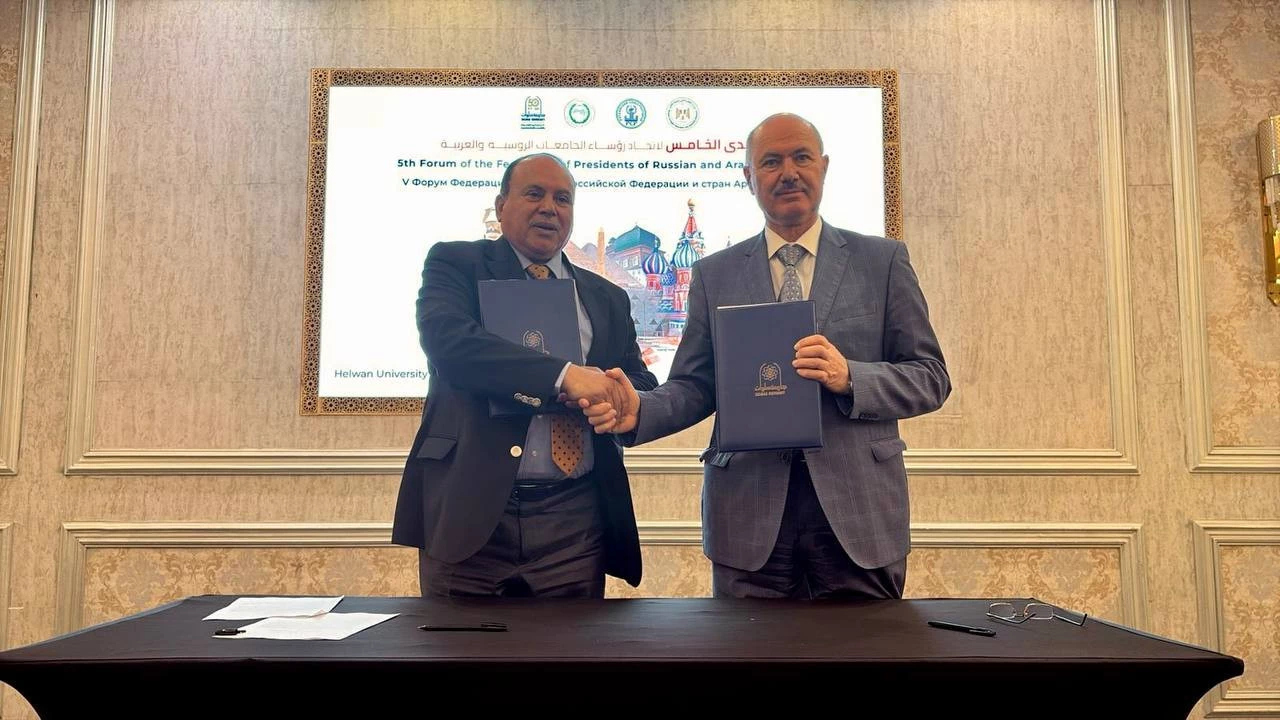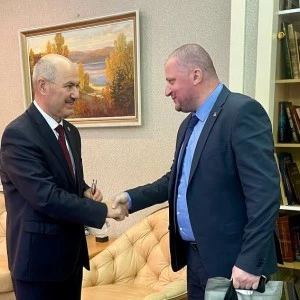Vice-Rector Ruslan Lesovik: the university experience of cooperation with the People's Republic of China
The 6th Forum of the Association of Sino-Russian Technical Universities «ASRTU» and ASRTU Rectors' Forum "Educational Space of the Future: New Competencies, Innovations, Technologies" were held in Moscow on May 27-29. The events were scheduled to coincide with the 75th anniversary of the establishment of diplomatic relations between Russia and China.
Recall that in May 2024, during the visit of Russian President Vladimir Putin to China, China and Russia issued a joint statement on deepening their comprehensive strategic partnership. The statement called for "constantly strengthening cooperation in the field of education, encouraging student mobility, expanding visits and cooperation, training high-level talents and joint research, and promoting the activities of Russian-Chinese university associations."
BSTU named after V.G. Shukhov was represented at the forums by the Vice-Rector for International Activities, Professor Ruslan Lesovik. In the panel session "Integrated Development of Universities and Cities - New Opportunities and Challenges in the Chinese-Russian Educational and Scientific Spheres" Ruslan Valerievich made a report "Experience of Cooperation of BSTU named after V.G. Shukhov with the People's Republic of China in the Educational and Scientific Sphere". Also during the forum, scientist from Belgorod proposed to consider issues related to the creation of a database of scientific developments for the possibility of submitting joint scientific and educational grants by members of the association; the organization of the ASRTU Members' Alumni Association; the allocation of priority rights to recruitment to members of the association for the selection of talented students from China. The solution of these initiatives will help to interact more effectively in the international inter-university space and will increase the effectiveness of the association.
Participation in such meetings helps to strengthen interstate cooperation in science and education, exchange real experiences, and solve set tasks in symbiosis with international partners





